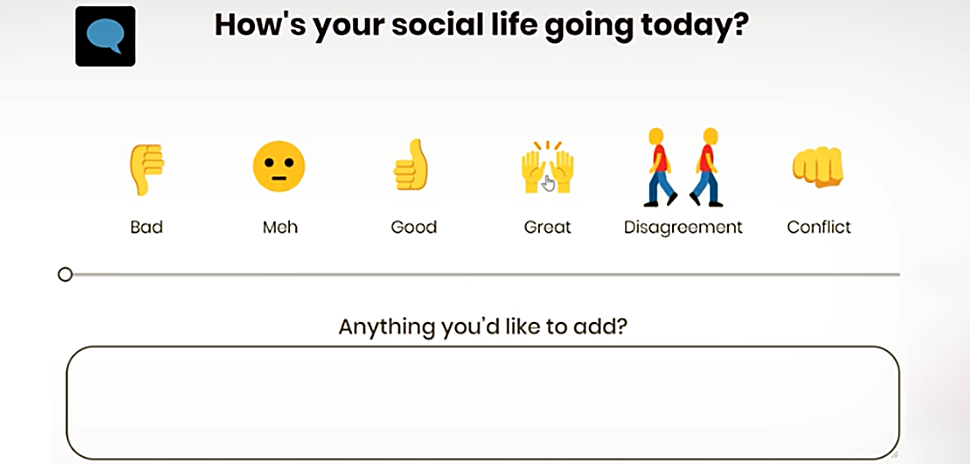Charter and Go wants to help the aircraft charter industry and its customers reach maximum potential.
The team—comprised of computer scientists, operations researchers, and machine learning experts—has developed two platforms to do so, each intended to meet what they predict is a climbing future demand of private air charters.
The first is designed to assist charter operators in getting the maximum value of each aircraft in their fleet. That platform provides operational and revenue management tools that the team says isn’t yet available today.
The second, a fully automated online travel distribution tool, aims to help operators compete for corporate and leisure business.

Dave Hobt
Together the technology makes up Charter and Go, a newly launched company out of Keller that will provide two-fold benefits for the companies and the customer: An air charter can present its brand, manage and its customer base, and optimize pricing, while travelers can seamlessly charter a plane that fits their personal requirements.
“What we do for charter suppliers is to provide a means of displaying, pricing, and booking charter flights with a wider reach than their existing standalone systems,” Dave Hobt, CTO of Charter and Go, told Dallas Innovates. That involves aggregating content based on a customer’s search, then pricing solutions based on customer loyalty, market competition, and seasonality.
“For a customer we provide a means of seeing many competing offers from nearby charter companies, allowing the customer the option of different airports, different price points, and a single view of all flights available in their area,” he says. That means loyal customers would get better offers they traditionally wouldn’t receive.
How it works
Charter and Go’s solution uses artificial intelligence, sophisticated algorithms, cloud computing, and automation to match the right aircraft, with the right end user, for the right price.
The team dubs it “frictionless travel” for all involved—the current charter operator solutions don’t have tech that can imitate what an expert charter sales representative manually does. That’s why they believe their solution is going to make major waves in a $30 billion industry that involves some 250,000 flights a month.
“You will find that most charter operators require a way to contact you after you submitted a request so they can build a price quote and send it to you,” CIO Peter Moore says. “That’s because their system can’t support an accurate real time quote. Others use an estimate, but can’t guarantee the quote until they have evaluated the request by a knowledgeable sales person.”

Peter Moore
Moore likens Charter and Go to Uber, which completely disrupted the taxi and rental car space back in 2009 with a navigable platform that directly connects customer with supplier (or in Uber’s case, riders and drivers). The company wants to make booking charter flights just as common as booking a rideshare is.
Charter and Go’s model is designed to support charter operators of all sizes, while increasing awareness on the value proposition of chartering aircraft rather than flying commercial. Hobt says the team plans to accomplish that by partnering with charter companies in the next year to assist in growing their businesses and improving Charter and Go’s capabilities.
“Longer term we want to be able to be the charter source for at least 10 percent of the charter market in the US, Moore says. “Shorter term we want to be able to target trial markets and get decent penetration into those markets.”
The team wants its solution, set to launch in January 2021, to be the next generation of innovation in air charter. Charter and Go’s new COO, who’s name has not yet been announced, told us they aim to enter the cargo space in 2021 and international markets by 2022.
Born from COVID-19
The idea for Charter and Go came mid-May—right in the middle of a global pandemic.
As COVID-19 was decimating the travel industry, like nearly every other facet of business, the brains behind Charter and Go were looking for a new challenge. Something that could shake up aviation at a time when commercials airlines were shut down, cramped, or consumed with cancellations.
Hobt and Moore, along with CEO Christian Huff, all have decades of experience in the industry. They realized the coronavirus dramatically increased the demand for charter planes, and wanted to be in the best position possible when that demand peaked.

Christian Huff
“The pandemic has on the one hand provided the opportunity in this market, and on the other has shown that to be in this space we need to move fast to grasp this opportunity,” Hobt says. “With charter on the upswing due to COVID, people are hitting charter companies for travel alternatives at a new high rate. We plan to make this transition simpler for people by being the central point for charter search in the U.S., and soon internationally.”
From a COVID perspective, the team sees chartering a flight as safer than flying on an airline. Not only is the number of people you can come in contact with limited, but they say it’s less stressful, more flexible, and more private.
If done correctly, both Hobt and Moore agree it can be less expansive than a first class seat on an airline.
“The pandemic in 2020 has led many travelers to ask, Is this the travel solution for me?'” Moore says. “We can provide easy-to-use pricing and booking platforms for any consumers to use that will allow them to reduce travel times, by providing flights to smaller airports that are closer to their destinations and avoid the time travelling to and from airports, while reducing the TSA and wait times in the airports.
“Lost baggage is a thing of the past.”
A team of travel industry experts
And given their experience, the team is bullish on what Charter and Go can offer.
Huff has 25 years at both airlines and distribution companies, with a background in maintenance, finance, revenue management and marketing. Hobt has done software development for the aviation sector for more than three decades, including building new solutions for the industry. Moore also has more than three decades of experience in the sector, but in development, architecture, and systems.
The group has so far built what they call a strong team of 16 highly skilled airline and technology experts, with the new COO soon to be announced. So far, Charter and Go is entirely self-funded with each founder infusing cash to support development, sales trips, software licensing, cloud compute time, and other expenses.
They are currently operating 100 percent virtually due to the pandemic and are in the process of filing several patents for some of the new technologies and algorithms they’ve invented.
“We are not only progressive in our tools and thinking. We are progressive in how we operate as a company,” Hobt and Moore say. “Innovation is the foundation to our approach with everything we do at Charter and Go. We don’t just duplicate what has been done in the past, we strip it down to understand the problem, then build the best solution to solve that particular problem.”
![]()
Get on the list.
Dallas Innovates, every day.
Sign up to keep your eye on what’s new and next in Dallas-Fort Worth, every day.






























